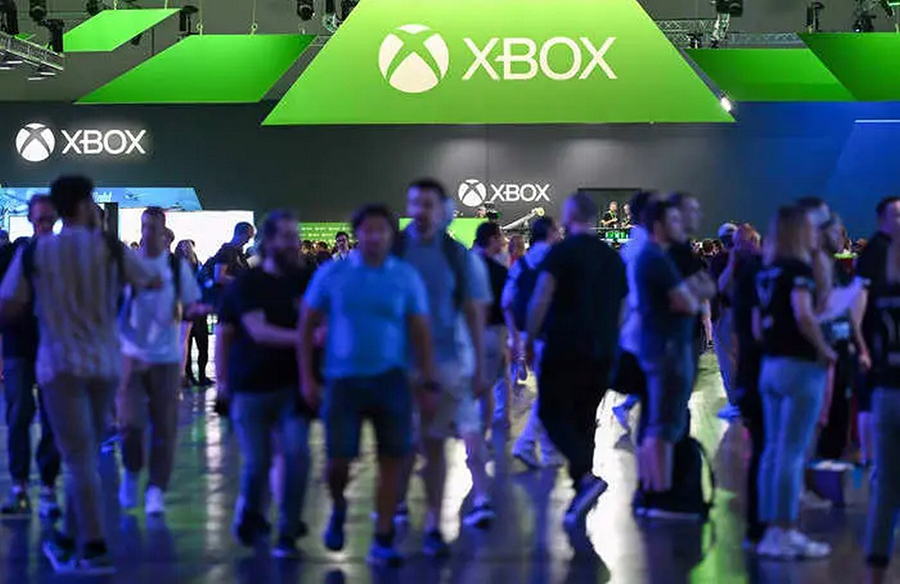Microsoft is poised to break new ground in the gaming industry by allowing some of its Xbox games to be playable on rival consoles, including Sony’s PlayStation and Nintendo’s platforms. The move marks a significant departure from its previous strategy and underscores the shifting dynamics of the console wars.
Shifting Strategy in the Gaming Industry
Traditionally, video game hardware manufacturers have maintained exclusive titles to incentivize consumers to purchase their devices. For instance, popular games like Spider-Man and Mario Kart are exclusive to Sony’s PlayStation and Nintendo’s Switch, respectively. However, Microsoft’s Xbox has struggled to gain traction in the console market, remaining in third place with limited prospects for advancement.
Embracing Cross-Platform Gaming
Recognizing the limitations of its previous approach, Microsoft is reevaluating its strategy by making some Xbox-exclusive games available on competing consoles. This move signifies a broader shift towards embracing cross-platform gaming and diversifying revenue streams beyond hardware sales.
Transition to Services-Oriented Model
Microsoft’s pivot towards a services-oriented model is evident in its emphasis on offerings like Game Pass, a subscription service akin to “Netflix for games.” By bundling Xbox-owned titles with games from other developers, Game Pass appeals to a broader audience across both Xbox consoles and PCs, providing a recurring revenue stream for the company.
Implications and Challenges
While Microsoft’s decision to expand Xbox games to rival consoles reflects its commitment to adapt to market dynamics, challenges remain. Despite its acquisition of Activision and the subsequent ownership of popular franchises like Call of Duty, achieving widespread availability of Game Pass on rival platforms may prove challenging due to competing interests and reluctance from Sony and Nintendo.
Conclusion: Accepting Market Realities
In essence, Microsoft’s move to broaden access to Xbox games on rival consoles signifies a pragmatic acceptance of market realities. While the company remains invested in gaming, it acknowledges the need to explore alternative avenues beyond exclusive hardware and software ties. As the gaming landscape evolves, Microsoft’s willingness to embrace cross-platform gaming represents a strategic shift aimed at sustaining relevance in a competitive industry.


